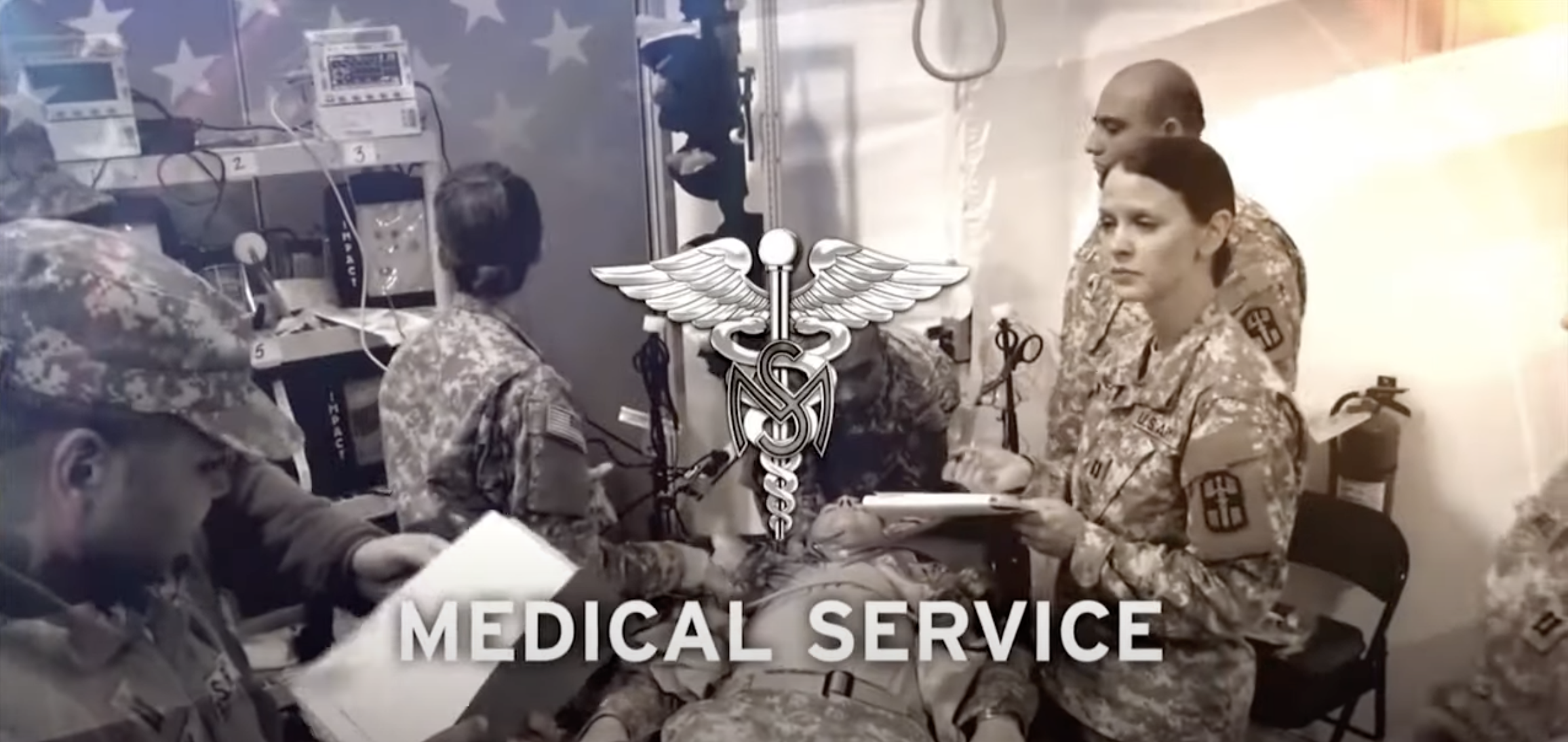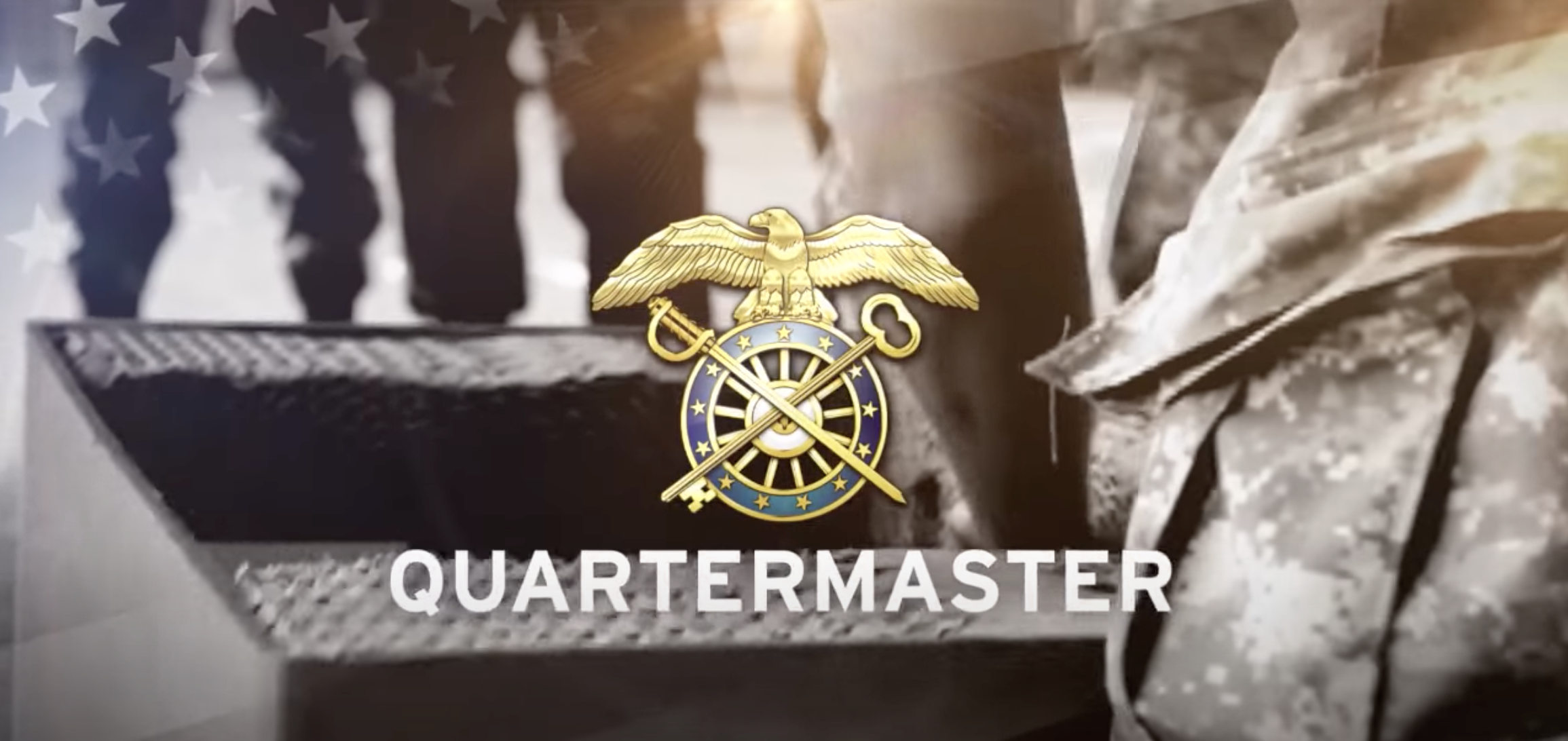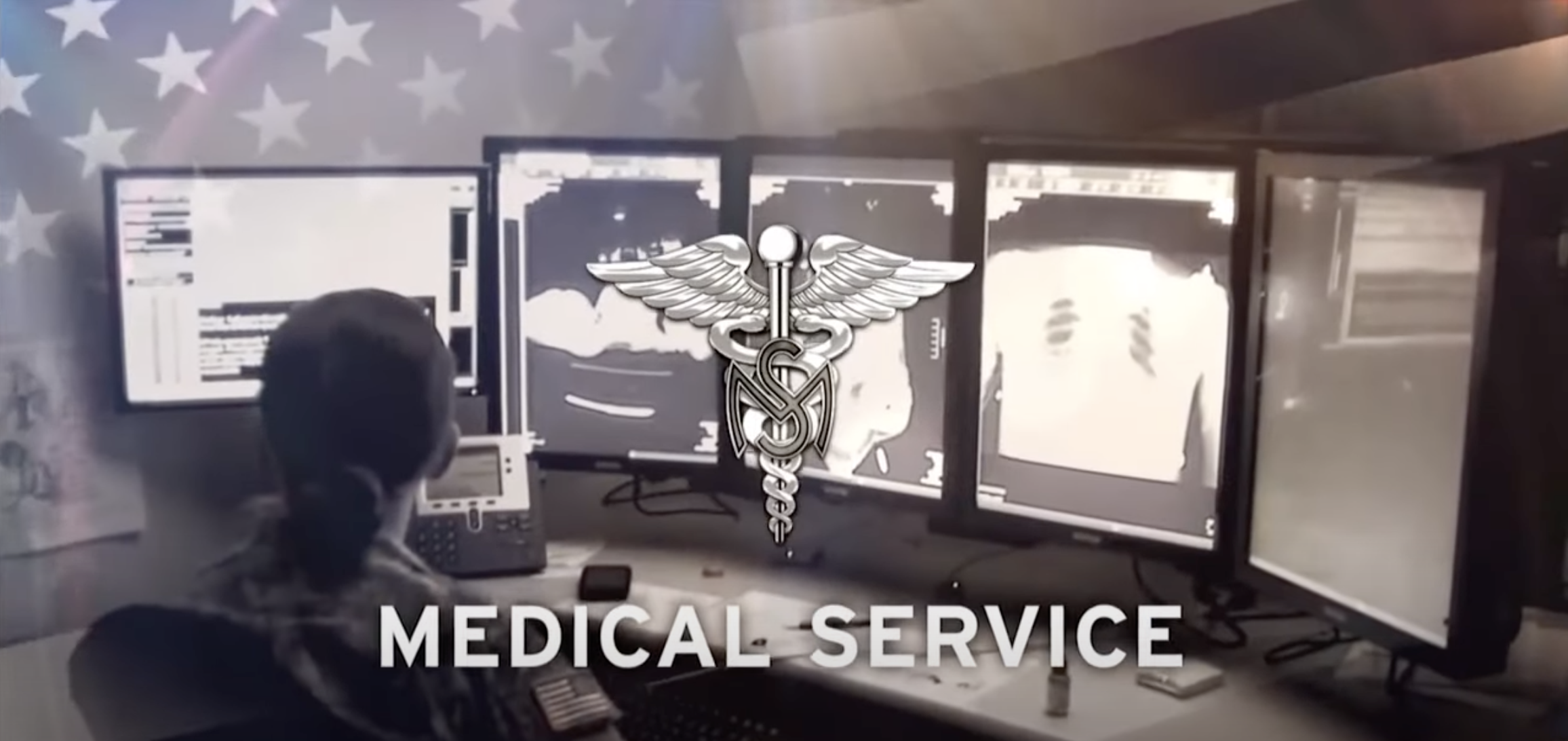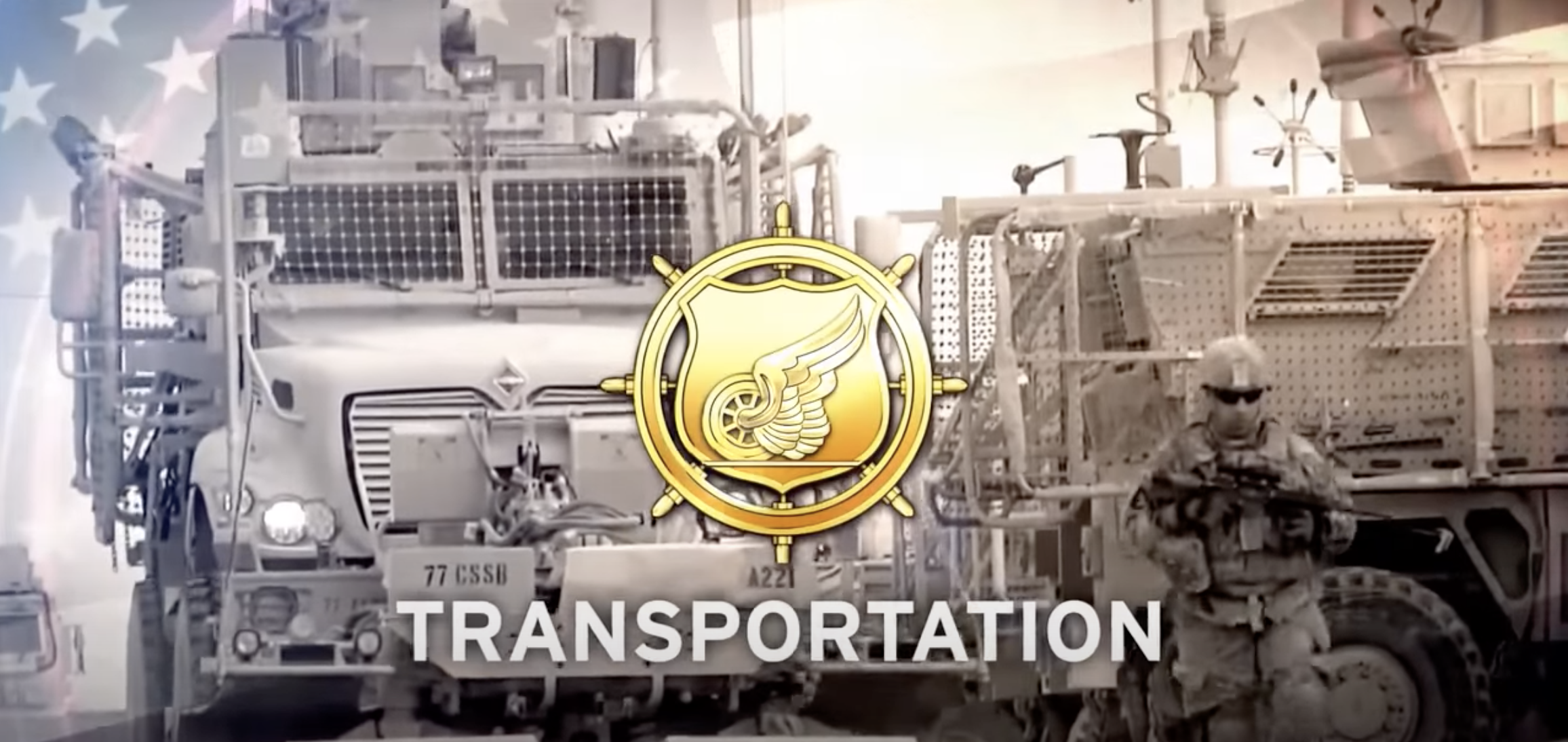
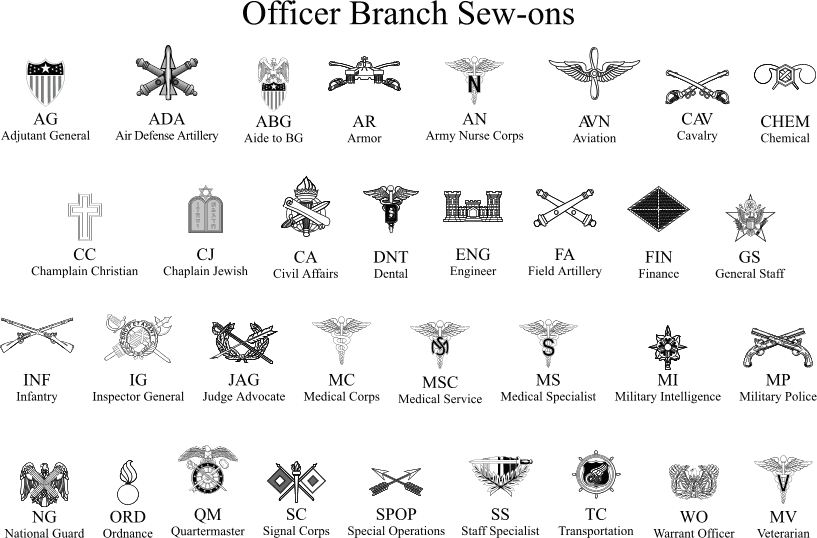
Unlike soldiers, who have a specific job, officers are assigned to career fields or branches and will have several different jobs over the course of their service. Cadets compete on a national order of merit list for their choice of branch, as there are only a certain number of openings per branch per year. Steel Battalion regularly rank at the very top of the order of merit list, with many being named “Distinguished Military Scholars,” a title bestowed only on the top 10-20% of graduate nationwide. Throughout their time at the Steel Battalion, cadets are exposed to the different branches via instructors, classroom instruction and alumni/guest speakers. It is important to remember that your Branch of choice does not have to correlate with your chosen Major.
Third year cadets receive special mentorship sessions and presentations to allow them to identify which Army branch best matches their unique talents. Cadets also have the opportunity to interact with talent managers from each branch while at Advanced Camp. During their senior fall, cadets rank the branches in order of preference and receive their assigned branch before winter break during a special ceremony. Learn more about the Army’s basic branches below or by visiting:
Aviation officers must be able to understand, process, and translate vast amounts of data into understandable concepts. As such, they must master concepts across multiple disciplines (for example, air and ground combat operations) while integrating them into an operational perspective in order to support their maneuver partners. Aviators must also be capable of rapid visualization, possess an acute sensitivity to visual details and spatial relationships, and be able to orient multiple dimensions with ease. They must think creatively and in an innovative and novel fashion, devising solutions and responses to unforeseen challenges in the most effective yet prudent fashion. As a result, Aviation Officers quickly and effectively analyze situations, rapidly process and prioritize requirements and actions, communicate effectively, and make independent and integrity-based decisions.
Chemical, Biological, Radiological, and Nuclear (CBRN) Officers must be adaptive, intelligent, and agile leaders. The diverse nature of the organizations they support also requires these officers to possess broad knowledge of all branches and understand how CBRN defense capabilities integrate into combined arms maneuver. CBRN Officers must possess resident expert knowledge and conceptual understanding to process vast amounts of information in order to prioritize and act on that information. The destructive potential of CBRN threats that maneuver units confront demands that CBRN Officers possess the ability to analyze difficult situations and advise commanders or senior leaders on complex scenarios. The scope of the threats they combat requires an ability to utilize the latest technologies in order to counter the threat posed from weapons of mass destruction (WMD) and hazardous materials (HAZMAT) and ensure interoperability with joint forces as well as interagency and international partners.
Cyber Corps officers are adaptive, collaborative, innovative, intellectually curious, and passionate leaders, capable of applying the art and science of the profession of arms within the cyberspace domain and electromagnetic spectrum (EMS) to plan, synchronize, integrate, and execute cyberspace and electronic warfare (EW) operations. They must be technically superior and technologically adept, understanding the cyberspace domain and EMS in a multi-dimensional sense to leverage leading-edge technologies and technically-skilled teams to provide operational commanders a unique effects-based capability for defending our nation against emerging threats. They must effectively articulate cyberspace and EW operational capabilities to commanders, as well as, integrate those capabilities to create effects during multi-domain operations in support of unified land operations at all echelons. They must also be lifelong learners to continue developing expertise as leaders in their field and to be highly adaptive within an emerging technological environment.
Air Defense officers are expeditionary-minded combat arms leaders who work both independently and as valuable team members within complex Joint, Interagency, Intergovernmental, and Multinational (JIIM) environment. Masters of their technologically-advanced weapons systems, they instinctively employ ADA principles to deliver fires and defend designated assets. ADA officers understand both maneuver and Joint operations. They are culturally astute, able to use their understanding to conduct operations innovatively across the globe. Physically fit, mentally tough and inspirational, Air Defense leaders generate confidence in their Soldiers and supported units. They are problem solvers in complex tactical, operational, and strategic environments who can make sound decisions and accomplish multiple simultaneous tasks. Leveraging their interpersonal skills, Air Defense officers must effectively communicate requirements and advise supported units. Given the dispersed nature of Army air defense unit, officers must be self-starters who can operate based on intent.
Adjutant General (AG) officers are leaders in the human domain responsible for the management of the Army’s most important resource – its people. They must possess the necessary technical and operational expertise to plan, coordinate, and direct personnel support and advise commanders on all aspects of human capital. They must be able to integrate into any organization and function as a member of a combined-arms staff. They employ HR systems, software applications, the military decision making process, and lead a small team to proactively manage current and future requirements.
Armor officers are leaders of teams who are experts in combined arms, reconnaissance, and security operations. They possess the technical and tactical competence, social and cultural awareness, and oral and written communications skills needed to cultivate trust and teamwork. Armor officers are responsible for training their units for combat to defeat lethal, adaptive enemies in all types of terrain. Armor officers lead their tank formations, closing with and destroying the enemy, as well as lead scouts conducting reconnaissance and security. They are physically fit and mentally tough, prepared to succeed under the most adverse conditions. They are leaders who possess a flexibility of mind, able to utilize multiple technologies to devise solutions to complex and dynamic challenges. Armor officers are comfortable making decisions in ambiguous environments, developing courses of action, determining and mitigating risks, then precisely and effectively communicating plans to accomplish the task or mission.
The Engineer Branch is looking for candidates to become tactical and technical warriors that are devoted to providing maneuver commanders and ground forces with freedom of action at every echelon. Engineer officers have unique opportunities to enhance their leadership talents and development through military schools, credentialing/certification programs, and advance civil schools exclusive to the Engineer Regiment. Collectively, these skills make Engineer officers superb project managers and tenacious problem solvers that are capable of operating in ambiguous environments solving the nation’s toughest problems. Engineer leaders possess the drive to succeed and master all challenges, and are willing to exploit opportunities for self-development.
Field Artillery officers are combat arms leaders who embody the attributes and toughness required of officers responsible for leading Soldiers in combat. These detail-oriented leaders are experts in the integration, synchronization, and delivery of fires in support of the maneuver commander’s objectives. They are well-versed in the capabilities of Army, joint and multinational fires, and are skilled operators on a multi-dimensional battlefield. Field Artillery officers are master of technical fire direction. They understand and leverage ballistics, munitions capabilities, and the processes required to employ joint fires capabilities across multiple domains. Field Artillery officers lead, develop, and train Soldiers to ensure both the responsive and effective delivery of fires and the integration of lethal effects on the battlefield. In the history of modern conflict, Redlegs, with their ability to coordinate and deliver fires, have been the most lethal and effective branch throughout America’s history. Throughout multiple generations, the Field Artillery has always been recognized as the King of Battle as wars are won and lost based on the performance of the Army’s Field Artillery!
Finance and Comptroller officers provide fiscally responsible management of government resources through fully auditable Enterprise Resource Planning (ERP) systems and various management controls promoting effective governance. They handle vast amounts of financial information utilizing both abstract and analytical reasoning. They possess technical and tactical knowledge as well as an understanding of general accounting principles to complete both finance operations and comptroller tasks. FC officers exhibit abilities to find creative solutions to problems beyond those that are rule-based, yet ensure that those solutions comply with applicable laws and regulations. FC officers are articulate, effective, and concise communicators enabling cost-informed decision-making and communicating subsequent financial impacts to senior leaders in operational terms.
Military Police officers are professional warrior police who are the Army’s experts at combat policing, promoting the rule of law, and preserving the force both at home and abroad across the range of military operations, with a focus on readiness for large-scale combat operations. MP officers are talented leaders of character who must deal with complexity in both peace and war, applying investigative skills, adaptive and critical thinking, and a detail-focused approach to their interdisciplinary career field. MP officers must possess high levels of physical and mental stamina to operate under stress, while skilled at establishing the necessary relationships in order to instruct, train, and educate across the various cross-cultural, ethnic, and human dimensional attitudes. They are articulate in conveying courses of action, communicating decisions, and accomplishing the mission regardless of operational constraints and environmental conditions.
Infantry officers must be able to operate in some of the most politically, economically, and environmentally adverse situations while at different threat levels. In order to operate in such environments, Infantry Officers must possess the highest levels of mental toughness, problem solving ability, and physical fitness. Using creativity and sound judgment, they must have the ability to devise and prioritize solution sets rapidly, motivate and employ Soldiers, and have an innate ability to adapt to fluid situations when facing any enemy across the entire threat spectrum. Additionally, Infantry Officers must have the ability to discriminate an action out of the norm and respond with the appropriate level of action. They must also demonstrate consistent command of these skills over extended periods of time.
Military Intelligence (MI) personnel provide commanders, decision makers, and staffs with timely, accurate, relevant, predictive, and tailored intelligence about the enemy and other aspects of the operational environment. Intelligence supports the planning, preparing, executing, and assessing of operations. MI officers analyze different cultures and threats to understand both friendly and threat operations in multiple domains: land, air, maritime, space, and cyberspace. MI officers must effectively communicate in both verbal and written form. MI officers lead Soldiers and manage systems to process, exploit, and disseminate intelligence. MI officers may obtain an area of concentration in signals intelligence, counterintelligence, or human intelligence.
Medical Service Corps (MSC) officers serve in a wide diversity of health care administrative and scientific specialties ranging from management and support of the Army’s health services system to direct patient care. Therefore, MSC officer must be Warrior Leaders .skilled in tactics, techniques, and procedures necessary to understand and support the Warfighter. They must therefore be able to connect to others in a deep and direct way, to sense and stimulate reactions and desired interactions. They must also be perceptive and precise in all matters, particularly as it applies to the patients they serve. Within this patient – HS / MS relationship, Medical Service Officers must be effective and compelling communicators. Lastly, they must possess interdisciplinary acumen in order to excel and operate in the full spectrum of military operations while supporting Operating and Generating Force organizations.
Maintenance and Munitions Management Officers (91A) are adaptive, agile, logical, and detail-oriented leaders that are directly responsible for building and maintaining the combat power of the Army. They enable readiness through dynamic and articulate leadership with the ability to establish priorities of work to accomplish the mission. Leadership in materiel maintenance and ammunition management processes requires officers who use logic and analytical skills to solve problems and communicate solutions precisely. These officers must be support-focused, skilled at building relationships, and able to connect with others in a direct way so they can advise commanders and customers on sustainment operations in complex operating environments. The 91A Intelligences include Interpersonal and Logical-Mathematical. The 91A Talent Priorities include: Interdisciplinary; Innovative; Interpersonal; Logical-Analytical; and Communicator.
Leadership in materiel management, logistics automation, field services, petroleum and water operations, aerial delivery, and mortuary affairs requires Quartermaster officers to be leaders and managers who can develop tasks and work processes for desired outcomes. They must be innovators, able to devise solutions and prioritize responses beyond that which is rote or rule-based. Given their worldwide missions, these officers must be adept at virtual collaboration - work productively, drive engagement, and display presence as a member of a team using management information systems. Perhaps most importantly, Quartermaster officers must be customer-focused, as sustainment enables operational reach and freedom of maneuver.
Signal officers lead Soldiers and organizations that provide dynamic communication networks and information systems enabling mission command from the national command authority to the tactical edge. They are mentally tough and possess strong interpersonal skills which enable them to develop positive relationships and build effective teams. They are technologically adept problem solvers skilled at leveraging the latest technologies and practices and are responsible for determining project requirements in a rapidly changing, complex environment. They clearly articulate the highly-technical components of the signal community into operational terms providing the warfighter with a common operating picture. They are lifelong learners able to pursue continuing education in leadership, management, information technology, and other domain-specific disciplines.
Medical Service Corps (MSC) officers serve in a wide diversity of health care administrative and scientific specialties ranging from management and support of the Army’s health services system to direct patient care. Therefore, MSC officer must be Warrior Leaders .skilled in tactics, techniques, and procedures necessary to understand and support the Warfighter. They must therefore be able to connect to others in a deep and direct way, to sense and stimulate reactions and desired interactions. They must also be perceptive and precise in all matters, particularly as it applies to the patients they serve. Within this patient – HS / MS relationship, Medical Service Officers must be effective and compelling communicators. Lastly, they must possess interdisciplinary acumen in order to excel and operate in the full spectrum of military operations while supporting Operating and Generating Force organizations.
Transportation Officers are multi-dimensional warriors who can operate any platform, perform in any environment, and do so with the right “mind-sets over skill-sets.” They must be innovative and creative mutli-taskers – able to improvise and develop fresh, new ideas – while encouraging others to do the same. Transporters are leaders who can deliver outcomes, but also embrace and promote diversity, possess empathy and compassion for others, and create environments where individuals are accepted, understood, and valued. They are integrators who exhibit the imagination to challenge subordinates to work outside their comfort zones and deliver new solutions. They are perceptive enough to know how they connect to the big picture, while being versatile enough to leverage, learn, and develop individual skills and talents. Transportation officers must be talented in their core proficiencies, highly analytical, able to lead change, capable of operating across the spectrum of conflict, able to operate in Joint, Interagency, Intergovernmental, and Multinational (JIIM) environments, culturally astute, and courageous enough to see and exploit opportunities.













